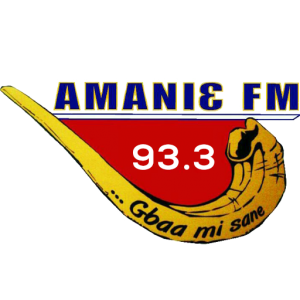An Economist, and a former lecturer at the University of Professional Studies, Dr. S.K Frimpong has opined that the 2021 budget statement is a torchbearer to Ghana’s economic recovery process after last year’s Covid-19 global ravaged.
Dr S.K Frimpong who is a technical economic advisor at the office of the Vice President, further explained that the covid 19 global crisis had a significant adverse impact on the global economy of which Ghana is no exception.
In an exclusive interview with News2dayonline, the chartered management consultant explained that “Governments around the world are implementing various fiscal measures to mitigate the adverse effect and provide relief for businesses and households”.
The budget with the theme; Consolidation, Completion, and Continuation, was delivered by the Minister for Parliamentary Affairs on behalf of the President.
The 2021 budget statement and economic policy focused on the government approach in mitigating the effect of the COVID-19 pandemic on the Ghanaian economy.
Per the budget statement, the government is aiming at total revenue and grants of GH¢72,452 million. The stated amount is equivalent to 16.7 per cent of Gross Domestic Product (GDP), up from an outturn of GH¢55,132 million, equivalent to 14.3 per cent of GDP recorded in 2020.
The technical-economic advisor, Dr. S.K Frimpong, who holds a Ph.D. in Industrial Economics from the Wuhan University of Technology, China revealed that the fight against the novel Coronavirus increased the cost of government expenditure by over 25 billion Ghana cedis.
According to him, the 2021 budget statement as read by caretaker Finance Minister, Hon Osei Kyei Mensah Bonsu is the pragmatic austerity measures for the country’s economic recovery.
The government announced tax reliefs for Ghanaians in the 2021 budget statement. One of the tax reliefs that has generated debate among the public is the suspension of quarterly vehicle income tax during the third and fourth quarters of the year for operators of commercial public transport popularly called trotros and taxis. According to the government, this move is aimed at reducing the cost of transportation.
Credit: Nana Beeko











